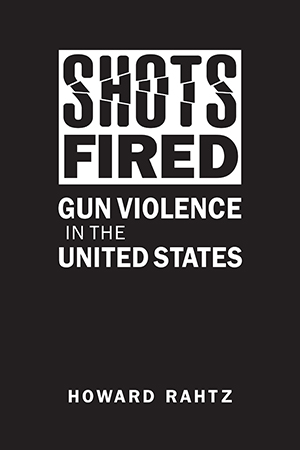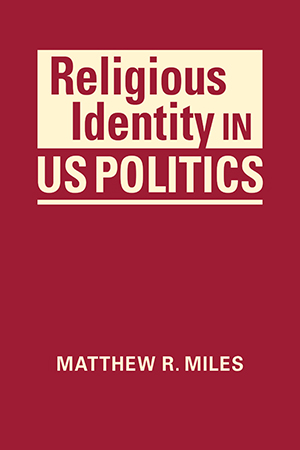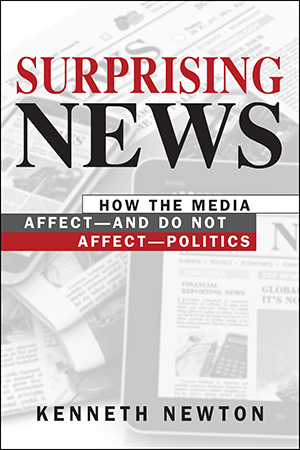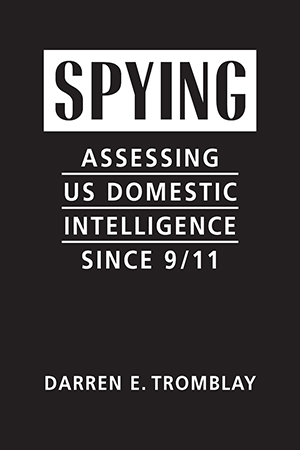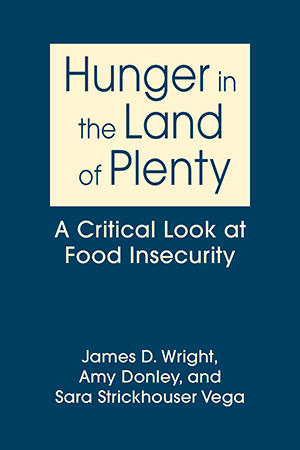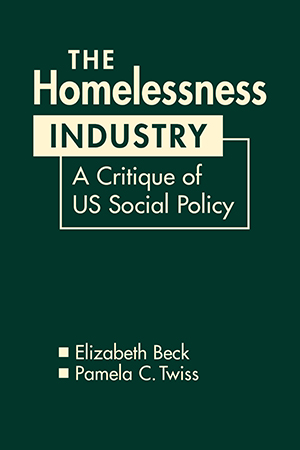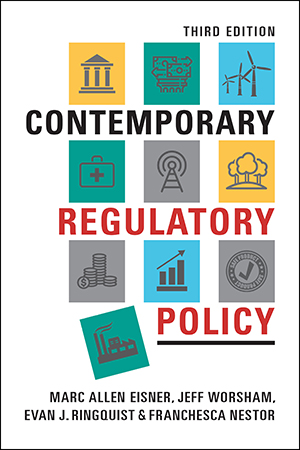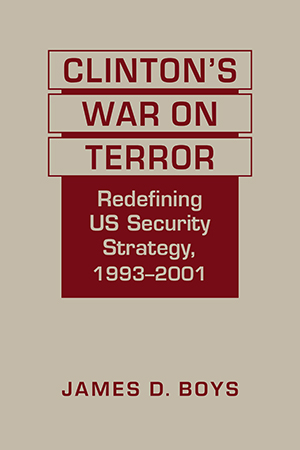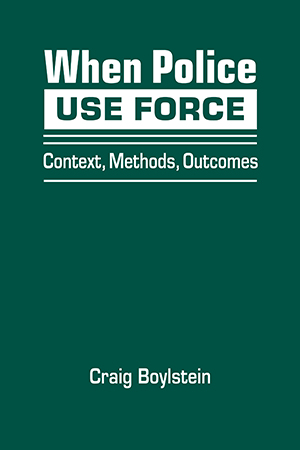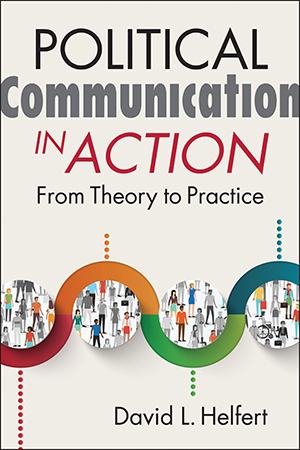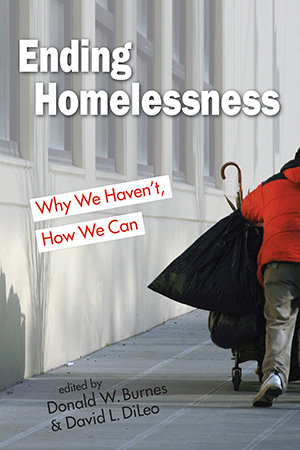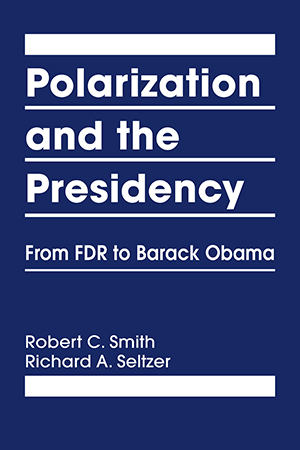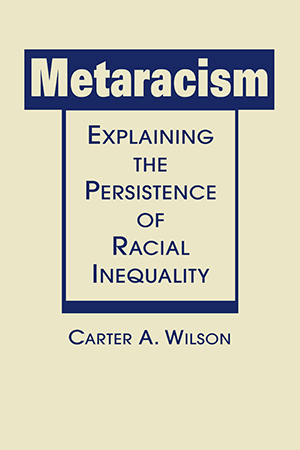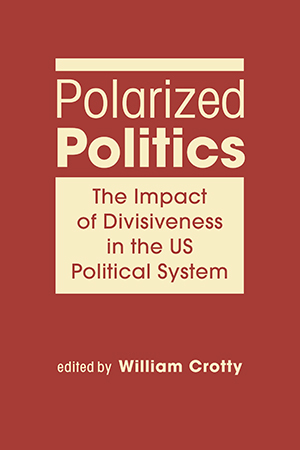US Politics (all books)
Mass killings. Gang violence. Street crimes. Suicides. Accidental shootings. The United States is enduring a literal epidemic of gun violence. Howard Rahtz, drawing on decades of experience More >
While existing scholarship addresses the influence of religious affiliation on political attitudes and behaviors in the United States, a number of puzzling questions remain unanswered. In More >
What role do the media play in influencing political life and shaping public opinion and behavior? Do they support—or undermine—our democratic beliefs and institutions? Claims More >
Initiated in the aftermath of the September 11 terrorist attacks, have the reforms of the US intelligence enterprise served their purpose? What have been the results of the creation of the More >
In the United States today, 50 million people don't have enough food. How is this possible in one of the world's wealthiest countries? Why hasn’t the problem been solved? Is it More >
Homelessness once was considered an aberration. Today it is a normalized feature of US society. It is also, argue Elizabeth Beck and Pamela Twiss, an industry: the embrace of More >
The third edition of Contemporary Regulatory Policy brings this classic text completely up to date—reflecting more than a decade of policy changes and including an entirely new chapter More >
In the aftermath of the catastrophic attacks of September 11, 2001, President Bill Clinton's time in office was portrayed as one in which vital opportunities to confront growing threats More >
Long a source of contention and ambiguity in Washington, the US Institute of Peace (USIP) is seen by some as a vital part of the US national security apparatus, by others as a counter to the More >
New technology has offered the public the opportunity to witness police use of force far more frequently than in the past—and has brought into sharp focus a number of big questions. More >
From developing effective messages to working with the news media, from writing speeches to tweeting, from crisis communication to the ethics of political communication, and everything in More >
Despite billions of government dollars spent in the attempt, we are no closer than we were three decades ago to solving the problem of homelessness. Why? Tackling these questions, the More >
Choice Outstanding Academic Book! Robert Smith and Richard Seltzer offer fresh insights on the decisive, and often surprising, role of presidents and presidential candidates in polarizing More >
The black/white gaps in income, education, and wealth are expanding. Prisons are crowded with black men. There is an increasing concentration of urban poverty. While individuals and More >
What are the consequences of political polarization in the United States? Are citizens' interests adequately represented when divisive politics are the norm? What ideologies—and More >


